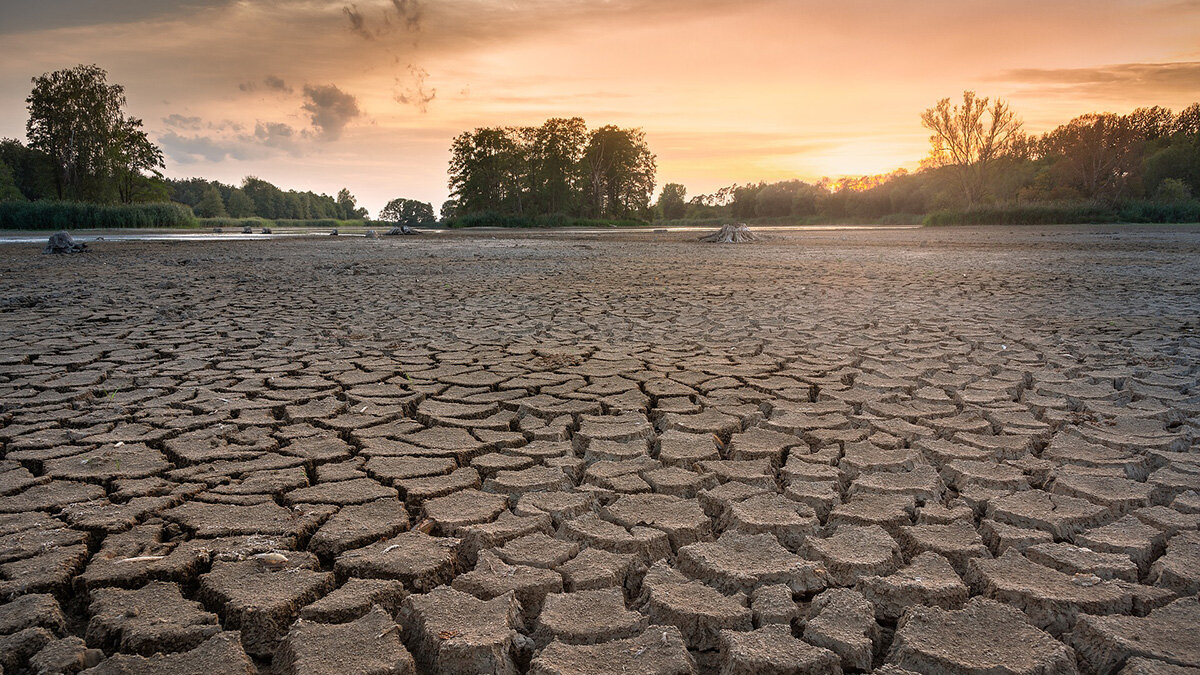

Climate change has far-reaching consequences that permeate every aspect of our environment, economy, and society. One of the most prominent effects is the increase in extreme weather events. From hurricanes and typhoons to droughts and heatwaves, communities around the world are facing heightened risks of natural disasters, resulting in loss of life, destruction of infrastructure, and disruption of livelihoods. These events not only pose immediate threats but also have long-term implications, exacerbating poverty, food insecurity, and displacement of populations.
Moreover, climate change is causing significant shifts in ecosystems and biodiversity. Rising temperatures, ocean acidification, and changing precipitation patterns are disrupting habitats and altering the distribution of species. Many plants and animals are struggling to adapt, leading to declines in populations and loss of biodiversity. This not only threatens the stability of ecosystems but also compromises essential ecosystem services, such as pollination, water purification, and carbon sequestration, upon which human well-being ultimately depends. Addressing the effects of climate change requires concerted global efforts to mitigate greenhouse gas emissions, adapt to the changes already underway, and build resilience in vulnerable communities and ecosystems.